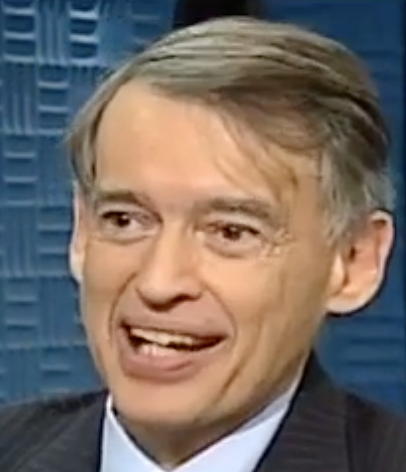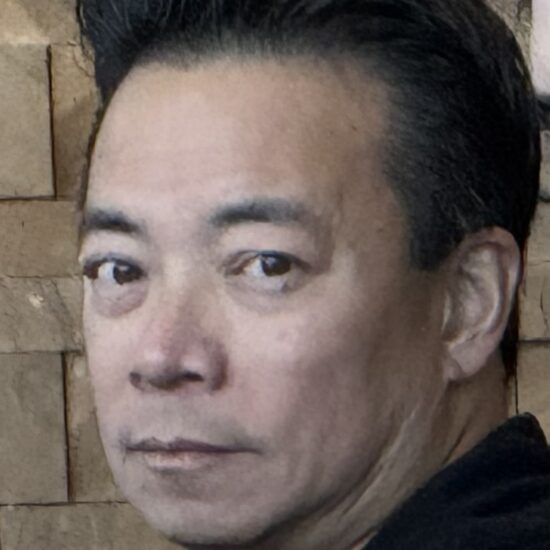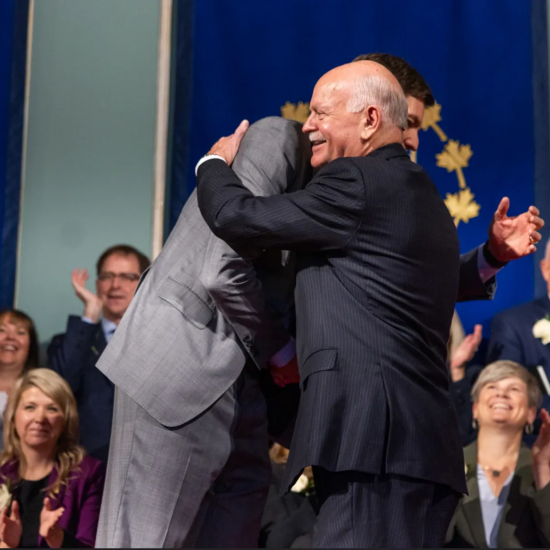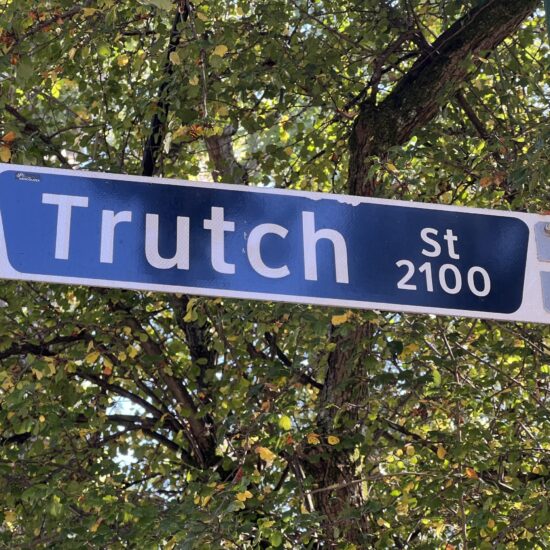
Bob Mackin
Elections BC is allowed to keep the report on its investigation of BC Liberal MLA Ben Stewart secret, according to the April 20 ruling from British Columbia’s information and privacy commission.
Kelowna West’s Stewart wrote a letter to chief electoral officer Anton Boegman on Aug. 1 last year, about a donation to the party that was reimbursed to a contributor. Stewart left the BC Liberal opposition caucus the same day, but returned Oct. 1 when Elections BC announced that it found no evidence that the contribution or the reimbursement violated the Election Act.

During his post in China, Ben Stewart posed in PPE with a panda. (BC Gov)
Elections BC refused to release the report to theBreaker.news.
Last month, it successfully convinced Office of the Information and Privacy Commissioner adjudicator Layli Antinuk that the document was exempt from the Freedom of Information and Protection of Privacy Act because Elections BC is an office of the Legislature and its operational records are considered private. Antinuk rejected the public interest argument from theBreaker.news to proceed to a written inquiry.
B.C.’s 1993 public disclosure law covers 2,900 provincial and municipal entities, but the Legislature is not one of them. Premier John Horgan’s NDP government promised in early 2019 to change that, in the wake of the Legislature corruption scandal uncovered by Speaker Darryl Plecas.
More than a year later, Horgan has done nothing to reform the law.
Adjudicator Antinuk is also a lawyer with a tax law firm in Victoria and previously worked in the Ministry of Public Safety and Solicitor General and Ministry of Agriculture during the later years of the BC Liberal government.
While we do not know what is in the report on Stewart, Elections BC submitted a March 9 affidavit to the OIPC from director of investigations Adam Barnes.
The former Victoria Police Department constable has also worked for the OIPC and the Office of the Ombudsperson. Barnes, who joined Elections BC in 2018, swore that he interviewed individuals and collected evidence before determining that there was no violation of the sections of the Election Act that govern making and accepting political contributions.

Elections BC director of investigations Adam Barnes (LinkedIn)
“My investigative file contains a letter from the MLA that initiated the investigation, nine emails to or from the MLA named in the request and my report on the investigation,” according to Barnes’s sworn statement. “The report of my investigation is four pages long, consisting of a one-page summary and a three-page detailed narrative. The report outlines the steps I took in conducting the investigation, details the information and evidence that I obtained and includes an analysis of that information and evidence. It then sets out my conclusion about the complaint, as investigator responsible.”
Independent watchdog Dermod Travis of IntegrityBC said the public deserves to see the Barnes report, in order to know what was investigated and whether the investigation was thorough.
“Maybe [Stewart] shouldn’t pay a price, maybe he should, but the public doesn’t have the right to know because Elections BC is serving the old boys club,” Travis said.
Stewart’s riding is one of the safest seats for the BC Liberals and Stewart could release the initiating letter and report on his own, Travis said.
“Potentially embarrassing yes, potentially not. He may also have tripped over a loophole in the law and British Columbians have a right to know whether or not he, in fact, has or hasn’t.”
Stewart has always refused to make public his letter to Elections BC. He said this week that he does not recall receiving a copy of the Barnes report, only a phone call from Elections BC informing him of the outcome.
Elections BC has an $11.1 million annual budget funded by taxpayers and Travis said it should decide whether it is in the business of serving British Columbians or “the old boys club.”

IntegrityBC’s Dermod Travis (Voice of B.C./Shaw)
“If you look at the track record of Elections BC, it’s similar to the track record of the former late conflict of interest commissioner [Paul Fraser],” Travis said. “Hasn’t found a violation of significance in decades. Well, it’s time to start finding those violations, it’s time to start laying charges where appropriate, fining where appropriate. Look at the Commissioner of Elections Canada, the work they did on SNC Lavalin.”
BC Liberal filings for the second quarter of 2019 with Elections BC show that Stewart exceeded his contribution limit and the party returned $1,200 to him on June 25, 2019. He was the only MLA listed in the prohibited contributions list for that period. Under new campaign finance rules enacted by the NDP government in 2017, individual donations were capped at $1,200 per year to each registered political party, including its candidates, nomination contestants and registered riding associations. The limit was increased to $1,225.17 for 2019.
Sources said the Stewart matter involved a donation from a constituency assistant, but Stewart would not say whether it specifically involved riding aide Cheryl Doll or Erica Macnab, who worked on his 2018 by-election campaign. In the last two months of 2018, Doll made three donations totalling $1,450, which was $250 above the annual limit.
Quail’s Gate winery co-founder Stewart won re-election in 2013 but stepped aside so that then-Premier Christy Clark could return to the Legislature after losing her Vancouver-Point Grey seat to the NDP’s David Eby. Clark later appointed Stewart as B.C.’s $150,000-a-year Asia trade envoy based in Beijing. He made a political comeback in 2018 after Clark’s 2017 resignation.
Meanwhile, on April 22, OIPC Commissioner Michael McEvoy extended the FOI holiday for government offices and agencies across B.C. to May 15.
On March 18, McEvoy cited the coronavirus pandemic’s impact on government operations and allowed public bodies to add an extra 30 business days to the processing time for freedom of information requests filed between March 1 and April 30. That meant disclosure delays to June and July.
Public bodies are mandated by law to release information immediately if the subject is related to the risk to public health and safety or otherwise in the public interest. However, McEvoy’s office said it would not accept complaints about alleged violations of the so-called public interest override section of the law.

Elections B.C. head Anton Boegman (left) and Information and Privacy Commissioner Michael McEvoy
“[McEvoy] has to decide whether he’s in charge of the office of freedom of information or the office of secrecy,” Travis said. “His recent decisions have demonstrated that he is leaning towards closing up the public’s window into government in favour of, again, that old boys club.”
McEvoy’s pandemic-related decision in favour of the NDP government in the year before the next scheduled election is in stark contrast to the chief ombudsman of New Zealand, Peter Boshier.
In a March 24 statement to New Zealanders, Boshier called on the public and government to find balance and resolve disputes on a case-by-case basis while the pandemic hit his country, which has a similar population to B.C.
“I do ask requesters to be very mindful of the present circumstances and the pressures agencies are under when making information requests,” Boshier wrote. “Agencies must also be aware that access to information is still vital even under present circumstances.”
Support theBreaker.news for as low as $2 a month on Patreon. Find out how. Click here.











